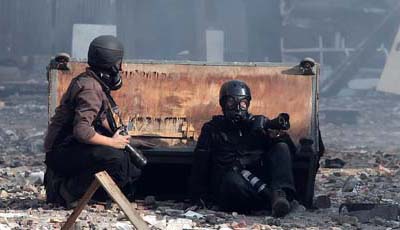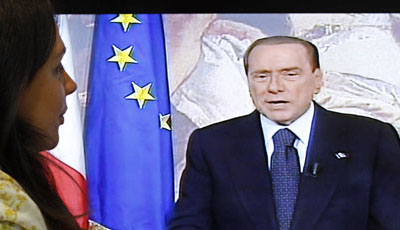
Attacks on the Press: China Holds Fast to Information Control
Internet users posed ever-bigger challenges to Beijing’s media controls, boosting debate on public safety and censorship. But ahead of a 2012 leadership transition, the Chinese Communist Party looks likely to fiercely suppress dissent. By Madeline Earp
Attacks on the Press in 2011: Impunity Still the Norm in Russia
Russian investigators have adopted a more serious tone when discussing unsolved journalist murders, but officials still lack the will to apprehend masterminds of the killings. The lack of convictions takes a serious toll on investigative journalism. By Nina Ognianova
Attacks on the Press in 2011: Middle East & North Africa
Analyses and data track press freedom conditions throughout the region. Mohamed Abdel Dayem examines five trends to watch from the Arab uprisings. María Salazar and Sheryl Mendez describe the fear and uncertainty facing doens of Iranian exiled journalists. And Robert Mahoney details Turkey’s assault on free expression.

Attacks on the Press: From Uprisings, Trends to Watch
The Middle East’s political shifts changed conditions for journalists dramatically. The emerging trends favor free expression, but are filled with ambiguity and depend on the political configurations to emerge after the revolutionary dust has settled. By Mohamed Abdel Dayem

Attacks on the Press in 2011: Turkey’s Legal Problem
With the aid of anachronistic legislation and a rigid judiciary, Turkish officials and politicians have curbed free expression by subjecting journalists to endless court proceedings and legal costs. The EU and the U.S. are no help. By Robert Mahoney >> Türkçe

